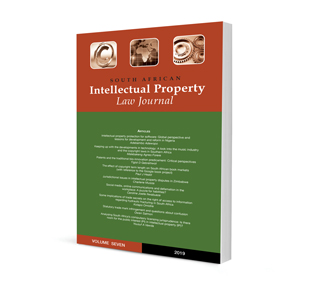A right to read object code – software copyright law and the development of a decompilation exception in South Africa

A right to read object code – software copyright law and the development of a decompilation exception in South Africa
Author Cobus Jooste
ISSN: 2521-2591
Affiliations: Consolidoc Postdoctoral Fellow in Law, Department of Mercantile Law, Faculty of Law, University of Stellenbosch
Source: South African Intellectual Property Law Journal, 2021, p. 35 – 66
https://doi.org/10.47348/SAIPL/v9/a3
Abstract
The opportunity to read and extract knowledge from a lawfully obtained copy of any published work is a cornerstone of copyright law, except in the case of computer programs. This article examines the development of an exception to copyright protection that will permit decompilation of object code as a means to access its underlying ideas. It illustrates that the persistent link between software and literary works leads to an unduly narrow view of decompilation. This contention is supported by a basic technical illustration of the decompilation process to support the submission that reading object code should not amount to copyright infringement in any way. Thereafter, the proposed decompilation exception in South African copyright law is critically analysed in light of the developmental objectives expressed in national policy, to formulate an alternative approach based on the inherent flexibilities in international law and local conditions.


